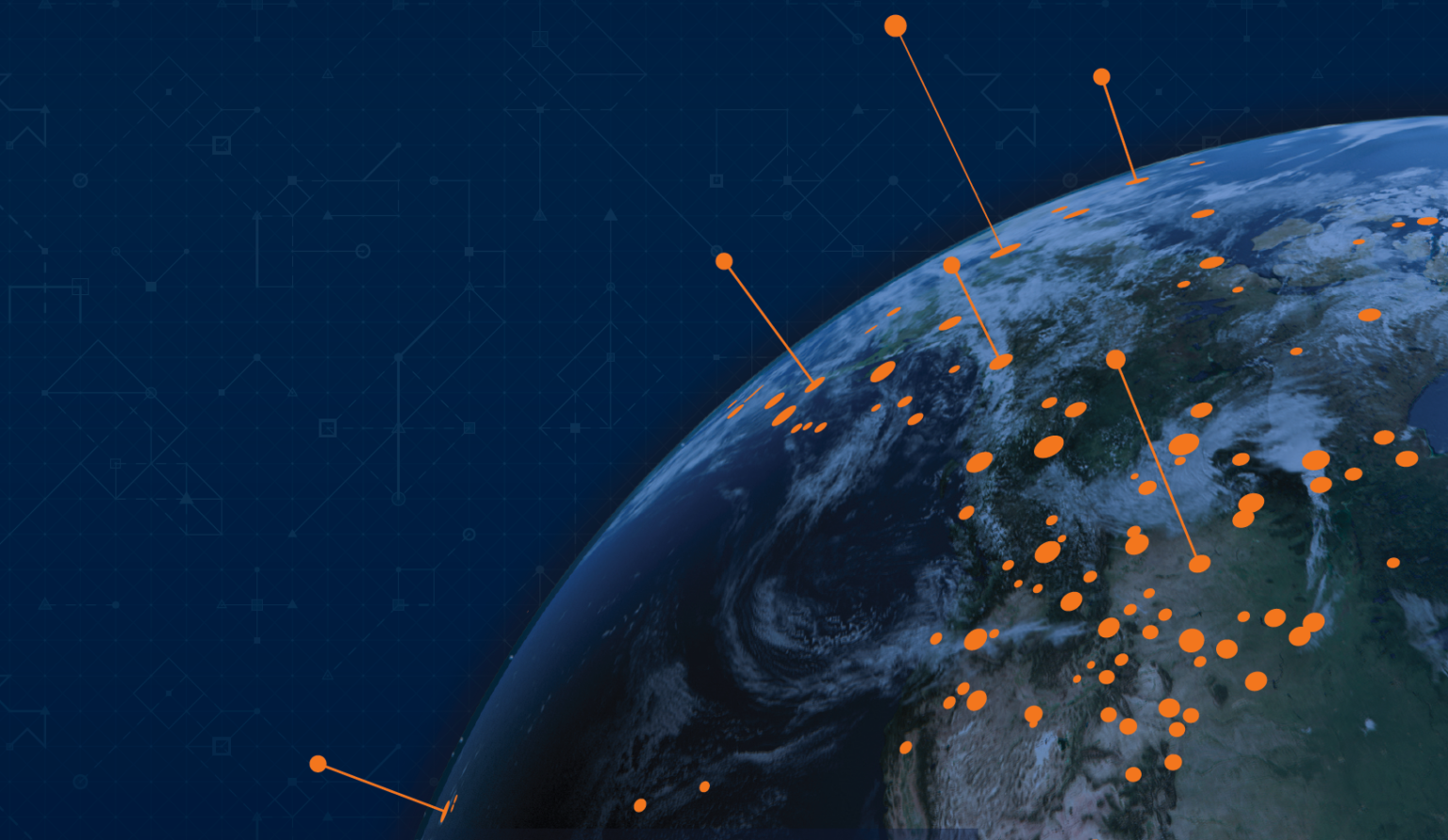ISJ Exclusive: Be ready for anything with Dataminr


James Thorpe
Share this content
Tim Willis, Director, EMEA Corporate Risk, Major Accounts, Dataminr explains how the firm’s technology is helping organisations plan for critical events.
How can businesses prepare for political risk when they don’t know when it will present itself?
There are two facets to consider: Long and short term risks. Short term threats to your operating environment can be identified by known or potential trigger points. For example, elections that may cause civil unrest. That creates a period of potential business disruption that can be planned for, so mechanisms can be put in place to track unfolding events and put businesses on the front foot.
Keeping with the election scenario, long term risk could surface as a result of a government regime change. That could alter the regulatory and operating environment in the country in which you’re working, so it’s appropriate to prepare for the worst case scenario and think about how you might react to a crisis situation should it arise.
When evaluating potential political risk, it’s important to consider what events or escalations might cause you to adjust your operating position by building a risk matrix around those threats. This will allow you to visualise how risks may start to manifest and create threats to your business, so you can objectively make decisions based on evolving situations in that respective country.
If identification is the first step to successfully managing unfolding events relating to political risk, how can business leaders identify such risks?
This starts with your high-level threat assessment process, where you’d initially be considering, for example, the impact of a potential escalation in the US – China Trade War and the possibility for short term economic disruptions that may affect your business.
It should be overlaid with a more tactical evaluation of the potential threats on the ground, including terrorism and public health. Once you’ve completed both tasks, you’ll have an understanding of the potential impacts to your business and can thus identify the triggers indicating that those events are unfolding.
When it comes to being alerted of potential threats, how important is it for a businesses to receive early warning?
For a sudden crisis scenario, early notification is imperative. A terror attack or infrastructure failure is as likely in Europe as it is in the developing world – a gas pipeline explosion, for example. When faced with this type of threat or event, you need measures in place to address the situation.
The earlier you can become aware, react and respond to the incident, generally the more effective your crisis management will be. Much of this comes down to situational awareness and having the mechanisms in place to react. So, from a crisis management and business continuity perspective, early notification of a kinetic event is crucial.
From a long term perspective, the threats aren’t necessarily going to be based on single incidents. By identifying an evolution in the underlying threat level in a country, in which early notification can be useful, you’ll see things with more clarity. It’s not necessarily the individual notification you need, per se, but regular updates of a particular event to see if there’s an escalation.
How can Dataminr be used to help identify ever-changing critical events?
Dataminr pulls in information from tens of thousands of publicly available sources to provide clients with a broad and real-time picture of emerging events. This helps customers understand the operating rhythm in the countries in which they are working.
You can liken it to having a finger on the global pulse of real-time events that can trigger political risk to your company. For instance, if you’re based in a London headquarters and operating on the other side of the world, it’s more challenging to spot the absence of the normal or presence of the abnormal. But, when you have access to a vast sensory network of sources from around the globe informing you of events, allowing you to see those changes in the operating rhythm in real time, you can react more effectively to them. So, Dataminr is effectively used as a barometer of potential escalation or de-escalation in an operating environment.
Do you have any examples of Dataminr being used to alert clients of unfolding incidents?
Yes, Dataminr alerted clients of Huawei’s CFO arrest in Canada. Customers had the opportunity to then track potential further arrests of Canadians in China. Irrespective of if you are directly involved in that incident, if you work for an international company with Canadian citizens travelling to China on business, there is a potential risk to your people.
Dataminr can also provide context around political scenarios and we’ve worked with numerous clients in Africa for this use case. For example, in the Kenya 2017 elections, we alerted clients of the flashpoints during the election cycles. This allowed them to objectively understand the impact of unfolding events. If they were localised; if they were spreading; or if they were contained to a particular area that directly impacted their businesses. They could therefore more accurately decide whether or not action was required.
How can effective risk management create business opportunities rather than solely limiting potentially negative impacts?
Global expansion is a natural progression path for companies. An effective risk management strategy allows business leaders to pursue opportunities in environments in which they might otherwise be reluctant to do so, because they’re able to make more informed decisions. They can see where the business risks lie, if they have the appropriate mitigation measures in place and they can then decide if the business is comfortable with those residual risks. As a result, they pursue opportunities in the respective region.
I worked with a company that was reluctant to do business in Nigeria because they had a view that Nigeria was a difficult operating environment. While it does have its challenges, there are numerous companies that operate successfully and profitably in Nigeria. So, from a position of perceived risk, they were missing out on an opportunity to enter into one of the biggest economies in Africa.
Once you’re operating in a country, risk management methods allow you to react more effectively to the evolving political environment because you understand the potential implications. Granted, there will always be events that you’re unprepared for, which reinforces why crisis management planning is a crucial part of overall business resilience. But, as things start to escalate and evolve, if you’ve anticipated these movements, you can react accordingly and, in extreme scenarios, this can give you a significant competitive advantage by allowing you to continue operating in regions when others might be reducing their footprint or withdrawing entirely.




